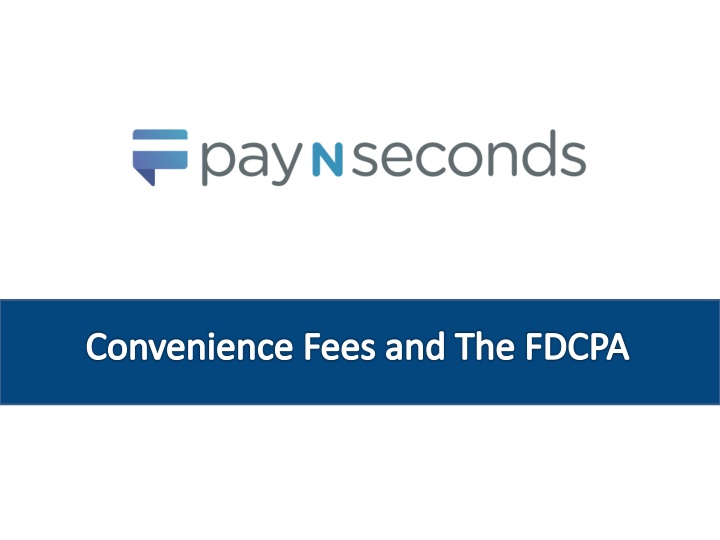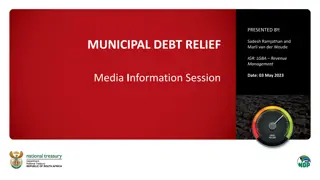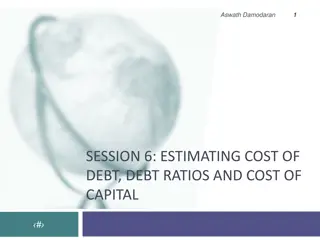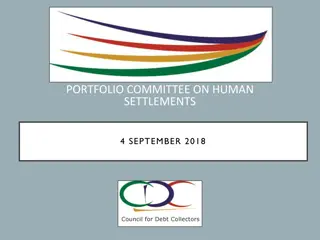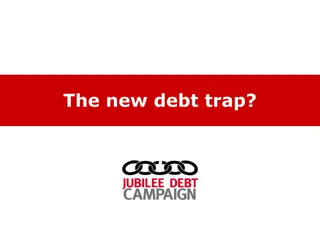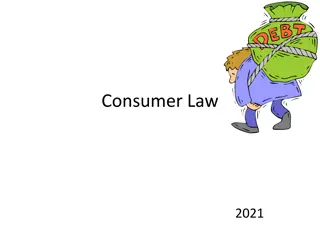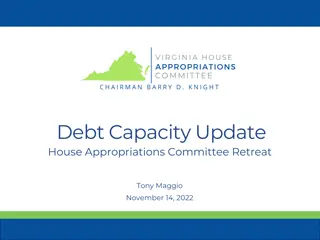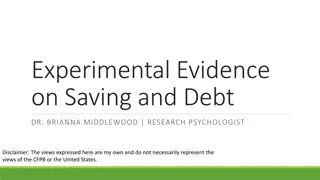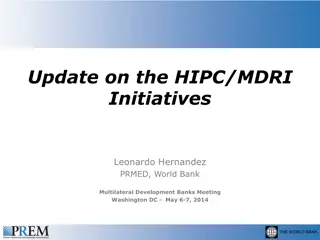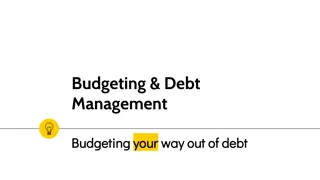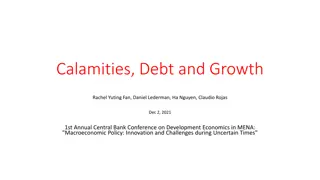Experts in Debt Collection and FDCPA Compliance
Delve into how a debt collection agency navigated a lawsuit concerning convenience fees, highlighting legal nuances of the FDCPA and payment processing intricacies.
Download Presentation

Please find below an Image/Link to download the presentation.
The content on the website is provided AS IS for your information and personal use only. It may not be sold, licensed, or shared on other websites without obtaining consent from the author.If you encounter any issues during the download, it is possible that the publisher has removed the file from their server.
You are allowed to download the files provided on this website for personal or commercial use, subject to the condition that they are used lawfully. All files are the property of their respective owners.
The content on the website is provided AS IS for your information and personal use only. It may not be sold, licensed, or shared on other websites without obtaining consent from the author.
E N D
Presentation Transcript
What makes us the experts - We started a debt collection agency collecting bad checks in 1987 giving us a unique perspective of the collection agency space. - Pay N Seconds boarded it s first debt collection agency processing payments with convenience fees 11 years ago. - We understand the rules and regulations surrounding the FDCPA and collecting convenance fees
Case Law (United States District Court Eastern District of Missouri) - In 2019 one of our agency clients using our convenience fee program was sued in federal court. The judge ruled 100 % in our client's favor. Excerpts from Case No. 4:18 CV 1136 CDP 1. Defendant has presented uncontroverted evidence that the fee for credit card processing was a fee charged by and paid to the credit card processor and defendant does not receive any of that fee . NOTE: Pay N Seconds supplied an affidavit and money flow diagram to the court showing that no convenience income was deposited into the clients bank account. 2. He was told that he could pay the entire balance by check or credit or debit card. He was also told that if he chose to pay by card he would be charged a third-party payment processing fee in the amount of $24.74, making the total amount due $474.55. Further, the spokesperson stated [a]gain, if you don t want that additional fee, you re welcome to pay it by check.
3. Plaintiff s argument fails because defendant has produced uncontested evidence that a third party collects and retains the entirety of the processing fee. Affidavits from officers of defendant s company and of PNS Partners, LLC the third-party credit card processor used by REMOVED BY PNS establish that REMOVED BY PNS does not receive any of the additional fee. ECF 42-1; 42-6. Instead, PNS receives the money paid through the credit or debit card and does not share the additional fee with REMOVED BY PNS. This is not a violation of the act because the statute only applies to a debt collector 4. Could have avoided it if he paid by check
CFPB - CFPB Moves to Reduce Junk Fees Charged by Debt Collectors. Advisory opinion explains that most pay-to-pay fees charged by debt collectors violate federal law. The advisory opinion covers the following on debt collection practices: - 1. Identifies scope of illegal fees: The collection of any fee is prohibited unless the fee amount is in the consumer s contract or affirmatively permitted by law. 2. Affirms that silence in the law is not an authorization: A debt collector may only collect a fee when it is authorized by the agreement creating the debt or is permitted by law. Where no law expressly authorizes a fee, it is not permitted by law, even if no law expressly prohibits it. 3. Clarifies role of payment processors: Debt collectors violate the FDCPA when using payment processors who charge unauthorized fees at a minimum if the debt collector receives a kickback from the payment processor.
Pay N Seconds - No Fee States - - Connecticut Maryland State Fee Limitations - Wisconsin Fee cannot exceed $25 or 3% of the balance due. - Colorado 2% of a transaction value or the actual amount a merchant pays the processor. An agency may choose which structure to use and is not limited to the lessor of the two amounts NOTE: With Pay N Seconds we can limit fees by state as instructed by our clients.
Visa Convenience Fee Rule - The convenience fee must be included in the total amount of the transaction; it cannot be split out from the transaction amount. What does this mean? If the balance due is $100.00 and the convenience fee is $7.00, the person paying should only be debited one transaction for $107.00. If the person paying is debited two transactions, one for $100.00 and a second transaction for $7.00 you are now violating Visa s card brand rule.
Operating a collection agency comes with litigation risk. With or without fault there are real costs in defending lawsuits. Over the past 12 years our solution has been challenged in court and never lost. Example: - You re currently paying $50,000 a month in processing fees. - Implement a convenience fee program that reduces processing costs to $0 - Net Savings: $600,000 Annually (war chest to fight frivolous litigation) How much are you willing to risk in order to Increase profits?
Contact Us Phone: (800) 353-9130 Web: www.paynseconds.com Email: info@paynseconds.com Presented by: Scott Little and Ricky Robinson (800) 353-9130
